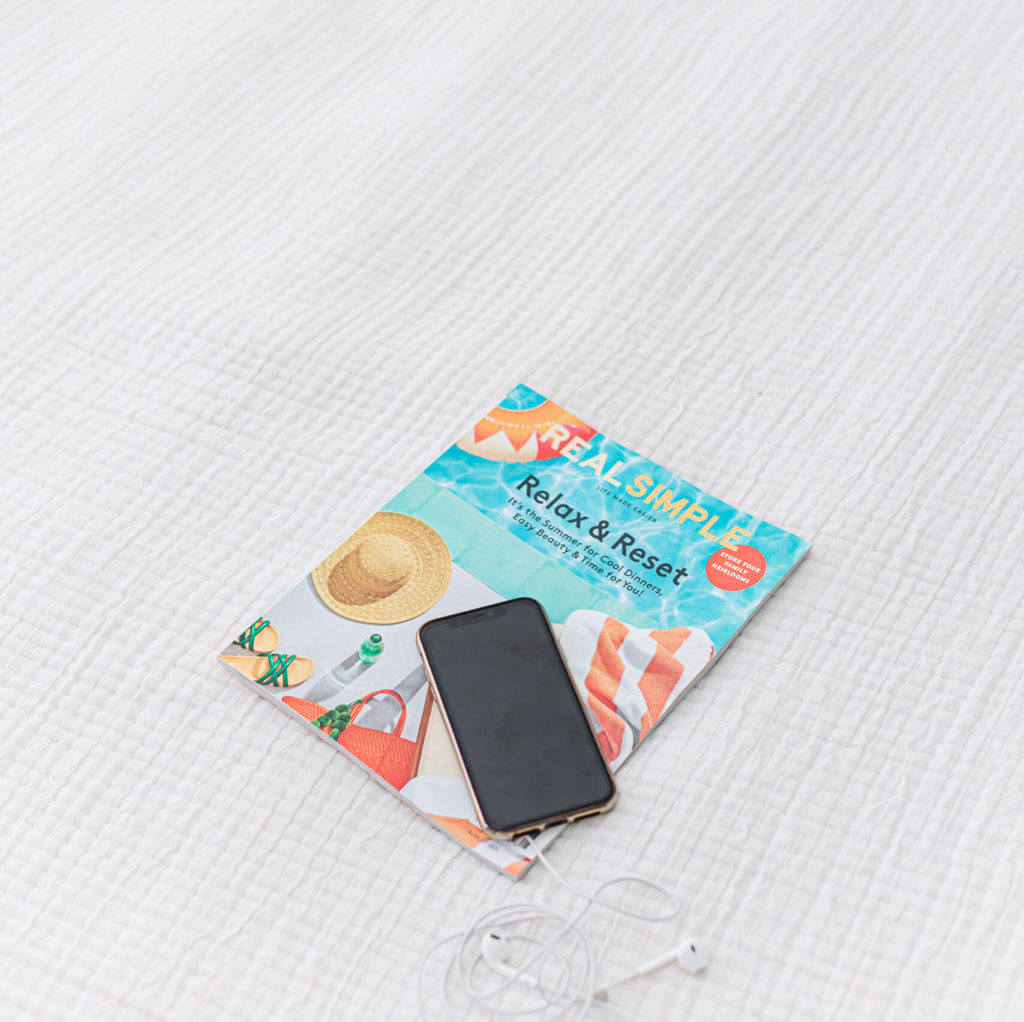“Everything happens for a reason”.
“You should be grateful that it wasn’t as bad”.
“It could be worse”.
Have you heard these phrases before? Have you dished out these statements? I know I have and not just to other people either. I have told myself these phrases during times of disaster to try and keep myself sane. What I didn’t realize is that minimizing times of distress is not a healthy way to cope. This is where the idea of “toxic positivity” comes into play. The idea of trying to stay positive and spread “good vibes” through tragic times is all fun and games until it backfires.
First off…
What is toxic positivity?
Toxic positivity is using a positive mindset in order to cope with difficult emotions or situations, despite the gravity of how one may be feeling. According to Dr. Jaime Zuckerman, a clinical psychologist, “[t]oxic positivity is the assumption, either by one’s self or others, that despite a person’s emotional pain or difficult situation, they should only have a positive mindset or — my pet peeve term — ‘positive vibes.’”
What’s the harm in it?
Instead of dealing with emotions, masking them with “positivity” may lead to a slew of harmful side effects. According to Medical News today, a few of the possible outcomes of toxic positivity is isolation, communication issues and even low self-esteem.
“Toxic positivity can silence negative emotions, demean grief, and make people feel under pressure to pretend to be happy even when they are struggling.”
For example, in terms of grief, researchers say that “grief and sadness are normal in the face of loss. A person who repeatedly hears messages to move on or be happy might feel as though others do not care about their loss. A parent who has lost a child, for example, might feel that their child was unimportant to others, compounding their grief.” By forcing people to feel “positive” or to find the reason in a tragic event, it can completely minimize their feelings and even end up adding to their trauma.
How can you deal with toxic positivity?
The first step is awareness. Do you always find yourself “finding the best” during tragic times? Do you have difficulty handling devastating situations? Do you hide away during periods of distraught in fear that someone will see you as something other than positive? These are not medical facts by any means – I’m purely basing this off my experience as someone who has definitely experienced toxic positivity in my life. When you realize that it’s actually much healthier to face these tough times head on rather than drown them in fake positivity, that’s when you can truly grow. According to Healthline, here are a few ways to deal with toxic positivity:
- Acknowledge and deal with your emotions – good or bad. Healthline states that “in fact, it’s good to talk (or write) about how you feel: A brain imaging study at UCLA showed that putting feelings into words reduces the intensity of emotions such as sadness, anger, and pain.”
- Listen to how others feel and validate them. Don’t tell them “oh, it could be worse” or “hey at least you have this!”. Create a space for a friend or family member to truly share how they feel.
- Understand that it’s okay to not be okay. It’s impossible to always be happy. There will be times of sadness, anger, frustration, fear – those times help us grow into the humans we are meant to be. Don’t run away from them.
- Recognize toxic positivity and become aware of your own habits. If you’re someone who is constantly sharing on social media about having “positive vibes only”, you may want to check on how you’re really doing. You can’t have the light without the dark. The first step to learning how to deal with hard times is noticing when you’re in them.
It really is okay to not be okay. Especially during this pandemic time. Sure, everything happens for a reason. But sometimes that reason is plain garbage. That’s okay. Sit with it. Talk it out. Process it. Heal from it. Everyone in this world is doing the best that they can under these devastating circumstances and, sometimes, simply waking up in the morning and getting out of bed can be the biggest victory of all. It’s one thing to be grateful in your life – it’s another to be in denial. Don’t try to sugarcoat situations or find the silver lining in every situation. Look at your reality straight in the eye and deal with it there and now. You’re stronger than you think.
Sources
‘Toxic Positivity’ is Real – and It’s a Big Problem During the Pandemic


![This April we're diving into Muslim voices with some pretty incredible titles✨️
This members will also receive a sticker from @marhabaprints! Marhaba Prints is a South Asian and Islamic inspired online stationary store selling greeting cards, notepads, stickers, and more, that aims to be a bridge between Pakistani heritage, Islamic teachings, and Canadian culture.
As always we'll be discussing these titles in our online community! Join by April 9th to get one of these titles in your mailbox!
Learn more by heading to the link in our bio!
[alt text: three slides showcasing six books including: Hijab Butch Blue by Lamya H, All My Rage by Sabaa Tahir, Read Dangerously by Azar Nafisi, Read This to Get Smarter by Blair Imani, We Hunt the Flame by Hafsah Faizal, and You Exist Too Much by Zaina Arafat.]](https://www.feministbookclub.com/wp-content/plugins/instagram-feed/img/placeholder.png)